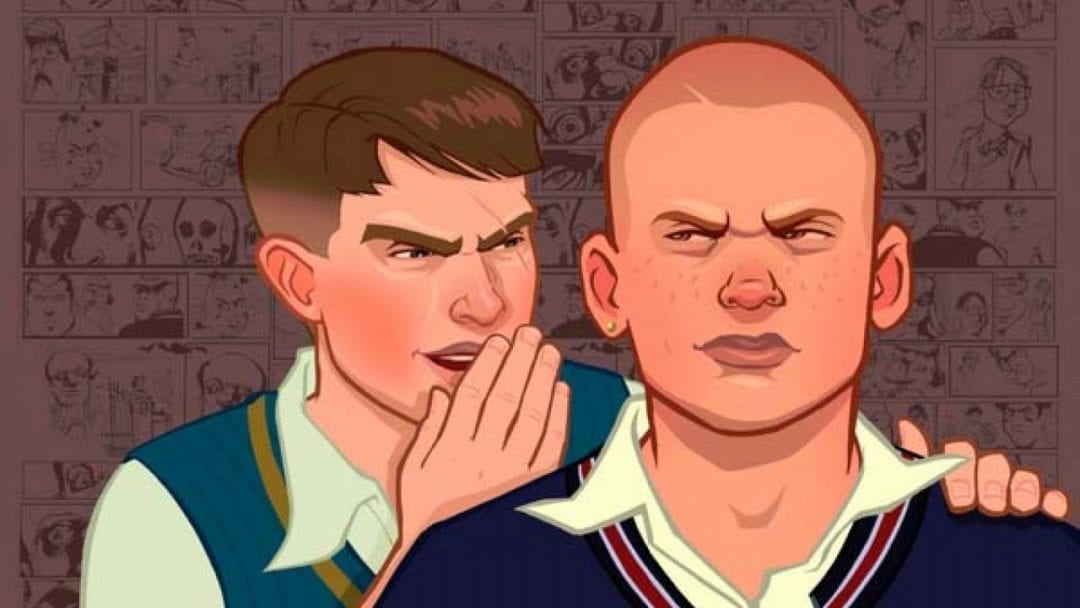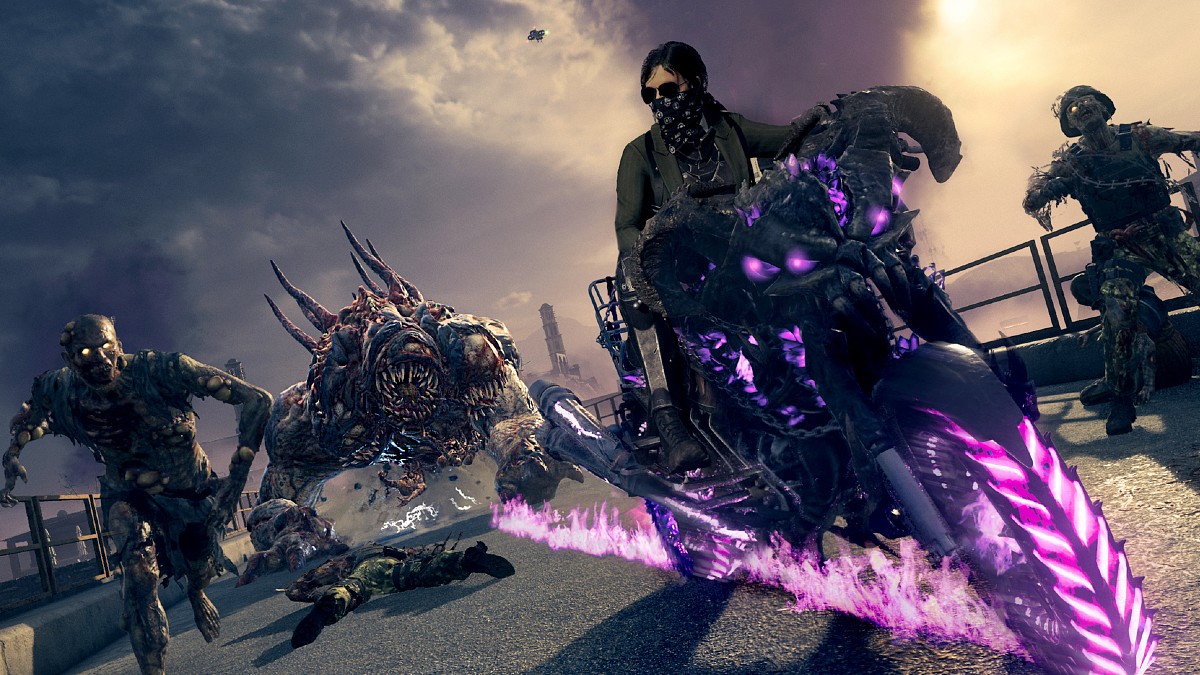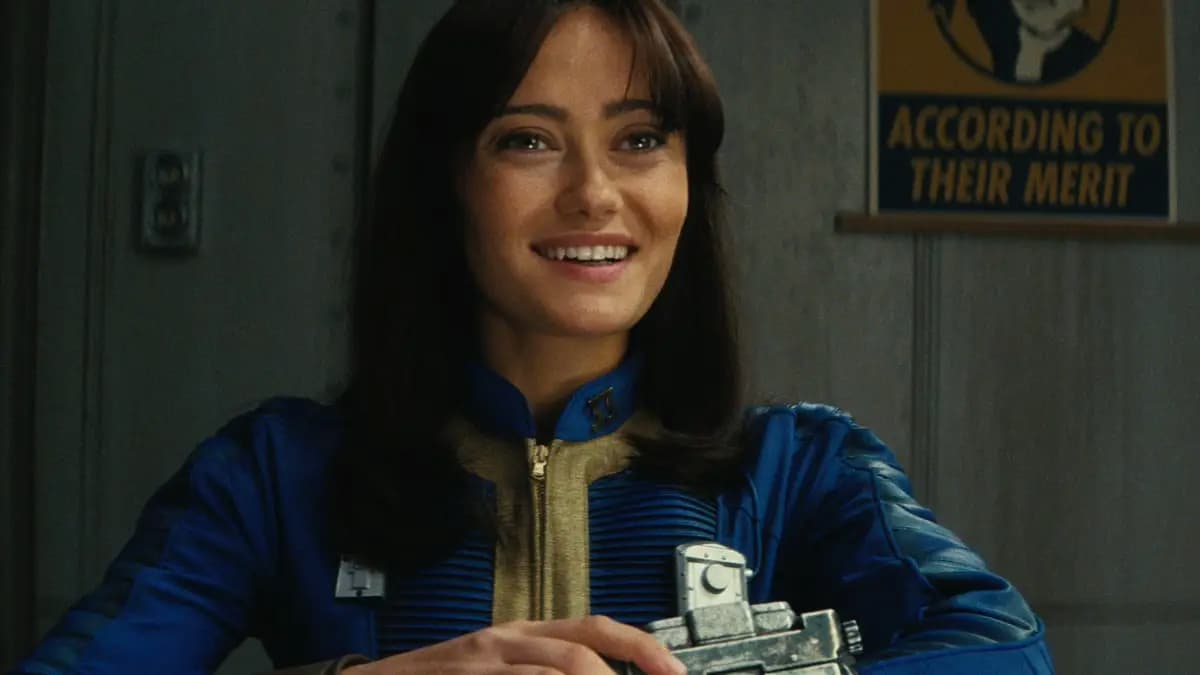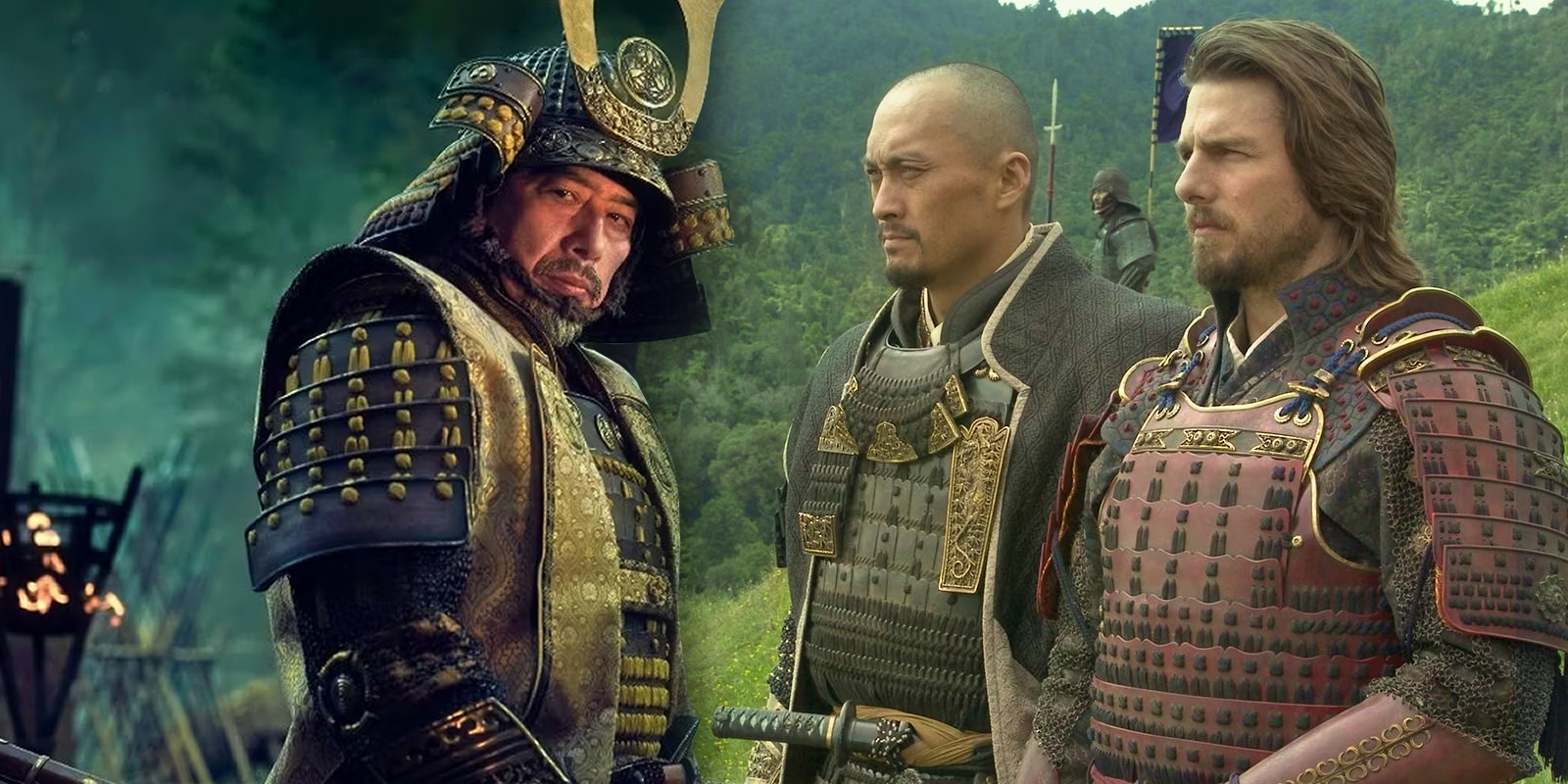There are six of us around the table, and the conversation turns to what I do for a living, also known as “my field of study” in academia. “I’m a game designer and a professor,” I say. The dinner had been arranged by a third party in order to connect academics from various institutions for networking purposes.
“You mean video games?” one of the teachers asks. It’s said with the same professional and courteous tone that one might reserve for asking, “Did you pass gas?”
“Video games, yes,” I answer. “I’ve been doing it over 20 years now.” Really without any effort at all, I launch into a little love manifesto of sorts, talking about how much I enjoy being a game designer, how wonderful it is to make games, all kinds of games. I even tell them about the incredibly wonderful modding experience I had with my 7-year-old daughter. “I am teaching her to play Risk,” I tell them. “And when I told her she couldn’t own the oceans, she said, ‘But, Mommy, you’re a game designer. You can change the rules!'” We did, and it made the game a whole lot different, and the best part about it was that we made our first mod together. It was a wonderful, geeky moment that perhaps only another game designer parent can appreciate.
Inevitably, after I finish speaking, the strong opinions come. It happens the same way every time: People listen and then they say what they’ve been feeling. Video games are not good for you. Video games are a waste of time. They isolate children. Kids never go outside to play. They just sit there and stare at the TV all day.
The conversation this evening is particularly ironic, given that I’ve just finished my design for GDC’s Game Design Challenge, OneHundredDogs.com. It’s a Facebook ARG designed to be played in 50 cities across the country. It’s all outdoors and designed to build a nationwide community of happy people and their happy dogs working together toward a common goal. I sit and listen, and they continue.
Video games are addictive, violent and blood-soaked. People just shouldn’t let their kids play games. One attendee agrees with the next, polite apologies are made in my direction and the memes pass around the table with the bread.
On the way home, I wonder where the hell all this comes from. These are the same people who drowned machines in quarters back in the 1980s, who played Super Mario Bros. until their thumbs were sore. I know, because I was there. I bet some of them even had Pac-Man lunch boxes like I did. So where’s the love?
Within the hour, I send off an email to 40 people over 30 who aren’t gamers. “Just off the top of your head, what would you say if someone stuck a microphone in your face and said, ‘How do you feel about video games?'”
The emails are written (in my head) before I even receive the first reply. Some will note their dislike of video games and back their opinions up with references to Jack Thompson and Dr. Phil or the plethora of news stories that tout video games as vile things. The rest will like them, slaver about the Wii or state indifference.
Clearly, I am an idiot – 38 out of 40 people had something negative to say.
“I am a 180 degrees [in the opposite direction] of the video games culture. Can’t stand it. I will do everything in my power not to introduce my kids to that culture mainly because I am against any apparatus that suppresses individuality in kids. I also have the perception that it creates an addiction, and it takes them away from reality and the world that surrounds them contributing to obesity, laziness, and lack of imagination. Kids need to be exposed to more important things in life. They can have the rest of their grown up lives to do that if they want to, but I will do everything to make sure that their time under my roof is spent focused on better causes.”
And on the lighter end:
“I’m not too pleased with some of the content of video games either… sex, violence, over-the-edge action. That can’t be healthy for anyone. I liked video games when they seemed simple and not so all-consuming… Frogger, Pac-Man, now they were some righteous characters that never picked up a prostitute or blew a cop’s head off.”
Of the two respondents that liked games, one was my brother.
Oddly, no one cites the media in his initial response, and when I ask again how their opinions were shaped, only a few do. Even then, it’s in a very general way. There is, however, an undercurrent of resentment for the time video games take away from what many hope would be a shared experience.
One friend complained about GTA, admitted she’d never played the game and then offered this: “If you really are interested in deep psychoanalysis… the truth of my disdain for games is from a negative relationship – ]a former boyfriend] would play for hours, upon hours, upon hours. Maybe I felt neglected, ignored and disrespected.”
Girlfriends, mothers and wives echoed this woman’s comments: “Many times as I called my son, I could hear the background noise of the game, which would mean very little concentration on our conversation, as most was directed to the game that could not be interrupted it seems. [He gave] short, evasive answers.” When her son came home for a visit, he would bring his console with him and not socialize with the family, or worse, ask them to watch him play.
So, games take the fall for the son’s rudeness. “All games can be paused,” I told her, “and if it’s a live match, he can drop out and join another later.”
At my house, we have an efficient means of dealing with such issues. You get a two-minute warning to save your game, and then it gets shut off. There is no negotiation. I pay the electric bill. You’re done.
There is also a strange undercurrent: concerns about addiction and worries that games will make otherwise happy kids bloodthirsty killers. One mother of a 30-year-old son believes “there is an army out there of players, connected by the net, even an international one, and it has [led] to some relationships based on a shared interest.” While this is true enough, I don’t believe the WoW guilds or FPS teams are going to lead to what she fears: “a very maladjusted society.” Nor do I believe that we will see video game “addiction” lead thousands of people into rehab or to the streets to sell their bodies to support their habit. I’ve volunteered with addicts and alcoholics for over 10 years. The most strung-out gamer doesn’t hold a candle to a heroin addict coming off junk or an alcoholic thrashing away spiders in the throes of DTs.
After all the questions and email back and forth, I haven’t really progressed much past the question I had when I left that dinner party a few months ago: Where the hell is all this coming from? If not the media, where?
Brian Ashcraft, Night Editor at Kotaku.com, said, “Sounds like fear of the unknown more than anything else. It’s an easy way for people to deal with things they don’t understand.”
Dennis McCauley, Editor at GamePolitics.com, also saw it as a broader issue. “Video games do suffer an image problem. It’s part media creation, the FOX News effect, part generation gap and part the industry’s own fault. It’s hard to calculate, for example, the extent of the damage that a title like Manhunt 2 does to the overall public perception of the industry.”
Alexander Sliwinski, Contributing Editor at Joystiq.com, attacked the myth at the core of the image problem. “The thing I love people saying is that video games as a whole are violent. Mature rated titles made up only 6 percent of the rated games in 2007. If there’s anything remotely over the top with one or two of those titles, it’ll receive 90 percent of mainstream media’s video game attention for the year. Not only that, but many mainstream media stories pick up on games that aren’t even rated and are ‘outside the industry’ like Super Columbine Massacre or JFK: Reloaded. It would be like the film industry being blamed for people making snuff films or amateur bedroom porn.”
For David Edison, Associate Editor at GayGamer.net, the “image problem” has affected him personally, as it also affects me. “There’s certainly a prevailing antipathy against gaming out there,” he told me. “I’m a gay man living in lower Manhattan – in other words, I’ve got a pretty open-minded support network! And yet I’ve been rejected on dates for being a gamer, lost the respect of ‘mainstream’ friends by working in games media and spent more brainpower and tongue-time justifying the participation of adults in the video games industry than I’m willing to admit. And almost without exception, those non-gamers who do accept games as a valid, mature, interactive art and entertainment medium do so only after having their standing biases challenged.”
Ultimately, Edison arrived at the same conclusion I did. “To me, that implies that the biggest myth might indeed be that there is a media myth at all – that non-gamers rarely think about games until they have to, and then tend to dismiss the industry wholesale. That part seems to come pretty easily.”
More and more, Edison sees a split between two extremes. “I see popular thought divided starkly between those who play, enjoy or appreciate interactive media and those whose feelings fall somewhere along the lines of ‘I hate video games,’ ‘Video games are for kids’ and ‘There is no redeeming value to be found in gaming.’ If you take the latter group, you hear two contradictory beliefs: that video games are a children’s medium, and that video games are too violent and explicit for children. Just those two conflicting biases alone would be enough, I think, for a person unfamiliar with video games to throw up their hands and be done with the subject until someone more invested works it all out.”
This leaves us in the industry in a kind of context-sensitive limbo. Says Edison, “If you’re more into Oprah than Okami, can you imagine how frivolous it must seem to watch Geoff Keighley defend Mass Effect on FOX News?”
I also talked with many in the development community about my findings, the myth of the media myth and the notable absence of any derisive sound bites directed at anti-video game activists.
Dave Taylor, who worked on Doom and Quake, and who is currently a producer and agent in the industry, agreed with me that it was sad, but wondered if the industry hadn’t set a little bit of this fire, too. “I also feel that the game industry in its greed and desperation for sales has been negligent of this growing issue of the fallout of kids playing games. We’re all about how addictive the game is, how much replayability there is and making sure it’s a popular genre like FPS. That’s fine and all, but the result is that you’re creating a program that turns kids into game-playing automatons that spend a lot of time on it because of how addictive and replayable the games are, and that makes them very good at twitch reactions for hiding, jumping, crouching, shooting, lobbing grenades, etc. I agree that a great multiplayer FPS can teach valuable skills when it comes to teamwork and tactics … but it doesn’t improve the basics, like literacy, math skills, physical fitness and diet. These are a lot more important to responsible parents, and if your kid is either playing games all day or pining and whining to play games all day because his friends can, then you’re not going to have a lovely view of the medium.”
When I talked with Alyssa Finley, an executive producer at 2K Marin, I was surprised to hear that her experiences with non-gamers were so different from mine. “I haven’t found this kind of attitude about games per se. But in my version of your dinner party anecdote, I start with ‘I make games,’ not ‘I make videogames,’ and I’ve never had a response like the one you describe. This leads me to wonder if the very term ‘videogames’ is the problem meme.”
“If you asked your same set of 40 people how they feel about games, online games, board games, web games and finally videogames, I wonder where the vehemence would start to show up.” I wonder, too, but my sample set is already polluted.
Josh Jones, a character artist at Bethesda Softworks, isn’t sure these memes spread by word of mouth alone. “I’d argue that, although the sample group didn’t directly cite any one report, that they have absorbed this information from many media sources over time. … How many of the sample group are aware that the perpetrators of the Columbine massacre played games? I’m guessing that they all are aware. That was probably the single largest anti-game media maelstrom, and I bet for many people it helped cement [their] antipathy toward games.”
Jake Simpson of Linden Lab thinks it’s a cultural issue. “It’s not the media that causes this; the media just responds to buttons that are already there. We are already afraid of the neighborhood murderer, so if the opportunity comes to push that button a bit, then sure, Big Media presses it. It means more attention for them. To a certain extent we as a culture somewhat perversely enjoy being frightened, so of course we are going to tune into ‘Is your neighbor a closet murderer? Story at 10!’ And while we are there, we get the story ‘Videogames are bad for you’ as an added bonus that’s thrown into the mix just to keep it interesting and add some kind of validity. Because this kid beat another kid senseless, we as a culture have to justify and validate it.”
“The media perpetuates it, but it doesn’t cause it. … The media just picks up on it and presents the same message with as much negativity as it can possibly find, because we are a negative-driven culture. We don’t do things because they are right thing to do; we do things because we don’t want the wrong things to happen.” I think on that a long time.
“Parents always think kids are wasting their youth, and always have done [so] down through the millennia,” says Tom Forsyth of RAD Game Tools. “‘That Ug, always holding things. His front paws will develop in funny ways. Why can’t he walk on all fours like normal proto-hominids?’ And so, whatever the kids spend the most time doing, that’s always what parents think is a waste of time, and what is corrupting their lives. It doesn’t matter what that is. If all they did was homework, parents would be worrying that their kids aren’t becoming well-rounded people. And, in fact, parents do this – enrolling math nerds in karate classes and the like. There is no way to win – parental paranoia ensures that kids are always doing the wrong thing.”
This issue, this image problem, is a lot deeper than Jack Thompson, Dr. Phil and a few sound bites here and there. It’s a generational, interpersonal, cultural, economic and political subject. The dinner conversations I take part in are merely the emergent result of several very complex systems.
“One thing I find interesting related to this is the myth of a permissive, bohemian side of society peddling filth media to a more God-fearing, family-values side. It’s part of the political narrative,” says Harvey Smith of Arkane Studios. “And parents are super quick to pick it up: ‘I’m trying to protect my children from the vile content produced by amoral arts people.’ When, in reality, entertainment media – and which projects even get considered – is ruthlessly driven by economics, controlled directly by pro-business forces and indirectly by consumers, like Mom and Pop, who are addicted to shows that push the lines of their own decency like Desperate Housewives or 24.”
So, after all of this, I know and I still don’t know where the hell all this comes from. I can see the LEGO pieces being put into place, but I don’t wholly understand why people are putting them where they are. I have learned that the real myth is the media myth itself, and that in 20 years, maybe the myths won’t matter anymore.
Clint Hocking says what I didn’t think to say at dinner that night. “If I had a choice, I would want to include these distrustful folks in finding solutions. I would prefer it if they understood. I would prefer it if they could see the long sequence of events that is going to address their fears and create the medium they will inevitably love and participate in, whether they expect to or not.”
“What’s sad is that their ideological, ignorant, hostile, one-dimensional attitudes oversimplify one of the most beautiful problems in human history. It makes me very sad that many of these people will die fearing games. I would so rather include them, but they have to meet us in the middle or become sad, lonely, reclusive luddites.
“In the end, we will stamp them out if we have to, but it would be nicer if we all tap danced our way into the future together.”





